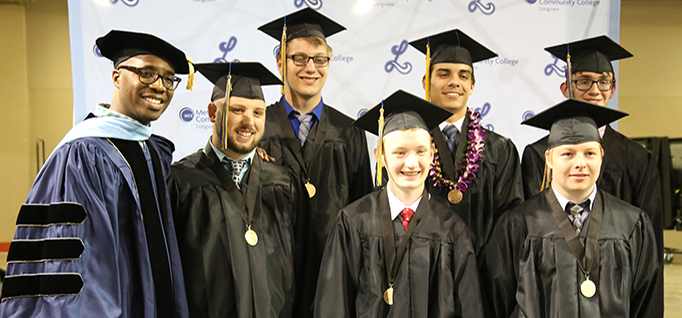Reflections from Gen-X Leaders
By Ellie Ashford
July 13, 2016
Generation-X college leaders, defined as age 36 to 56, not only look younger, but often bring a different perspective and face different challenges than their Baby Boomer colleagues.
Gerald Napoles, president of Lone Star College-North Harris (Texas), was just 38 when he started the job last July. Being younger than many college presidents “helps me to connect to students closer to my age,” Napoles says in this Community College Daily article.
“They see me as someone who is approachable,” he adds. “They respect the title and respect me as a person. And they also see in me someone they can to talk, as well as a role model.”
Kirk Nooks, president of Kansas’ Metropolitan Community College–Longview, agrees. “It allows me to be closer to the traditional student population, and I have a better understanding of technology and social media.”
Gen-X presidents also say they are “less formal” (Karla Fisher, chancellor of Arkansas State University (ASU) – Beebe) and “more empowering,” using delegation more (Cristobal Valdez, president of Central Wyoming College).
Looking to the past, looking to the future
College presidents today are dealing with issues that weren’t as large of a concern to the previous generation.
“Our generation in community college leadership is facing several contradictory challenges,” Fisher says. “We’re seeing a decrease in public funding while there’s pressure to curtail tuition increases. Also, there’s a shift toward student success, which is wonderful, but funding is declining and we’re still committed to access.”
But some issues are evergreen, and Napoles believes younger college presidents have a lot to learn from their older peers about their college’s institutional history. “Some of the things we’re experiencing for the first time, they’ve already dealt with three or four times,” he says.
In a column in the June/July issue of Community College Journal, Amy Morrison Goings became president of Lake Washington Institute of Technology when she was 40. In a column in the June/July issue of Community College Journal, she says it’s important to “pay homage to my Boomer colleagues,” but that new leaders must “blaze our own trail.”
Gen-X leaders must also look to the future, and help the next generation of leaders: millennials. Encouraging millennials to commit their careers to community colleges will require adaption, particularly in communication styles, and the creation of a guided pathway.
For new and future leaders, Napoles suggests involvement with organizations such as the American Association of Community Colleges and NISOD (a membership organization that promotes community college professional development) to seek advice from presidents with longer track records.
Continue the conversation on our LinkedIn group.
Photo: Kirk Nooks, president of Metropolitan Community College-Longview, with graduates.



